I belong to four book clubs. Am I overdoing it?
I’ve been part of our neighborhood book club the longest. For almost twenty years about ten of us have met five times a year. So, yes, we are nearing a hundred books. Once a year each of the five households picks a book, hosts the meeting, and leads the discussion. A fun dimension is that often book-themed food is served by the host.
For next month I have chosen Hamnet to discuss. Maggie O’Farrell was courageous to write a novel about the great playwright William Shakespeare and his wife Anne Hathaway. But she skillfully, imaginatively, and movingly carries it off.
Recently I started joining three other friends who meet monthly. This second group doesn’t meet in person. We gather on Zoom since we are spread around the country. The format hasn’t hindered our lively discussions at all. And we often keep the ideas (and banter) flowing between sessions with group emails.
The book for our next Zoom meeting is Jeff Crosby’s World of Wonders: A Spirituality of Reading. Though I’ve known Jeff for over twenty-five years, another member of the group was the first to suggest we read it. I was delighted to dig into the reflections of someone who has lived with and loved books his whole career as bookstore owner, book distributor, publisher, and now president of a Christian publishers’ trade association.
My third book club consists of a group of men from my church. Instead of talking about a whole book in one session, we meet every other week, usually discussing a chapter at a time. Right now we are in the middle of Francis Collins’s latest volume The Road to Wisdom. The subtitle is On Truth, Science, Faith, and Trust. But Collins also considers another key dimension: Humility. He freely shares where he made mistakes and how he learned from those who disagreed with him. That also is wisdom.
The fourth book club started a few years ago when my oldest grandson, then in high school, called to say he wanted me to be part of his book club. “Who will be in it?” I asked.
“You and me,” he said. He wanted to read Camus and Dante and Kierkegaard . . . and so we did!
We paused as he began college, but he called a month ago to say he wanted to start up again and dig into whatever has been on my to-read list. Richard Reeves’s Of Boys and Men has been on my mind for several months.
I’ve been hearing that while much good has happened for women in the last fifty years, the trends for males have not been good. Reeves says we don’t have to choose between helping men and helping women. We can do both. I’m a few chapters in and he is making a thought-provoking case. Since my grandson is in the center of the demographic Reeves focuses on, I’ll be interested to hear what has to say.
Overdoing it with book clubs? I don’t think so. I’d say it’s just right.

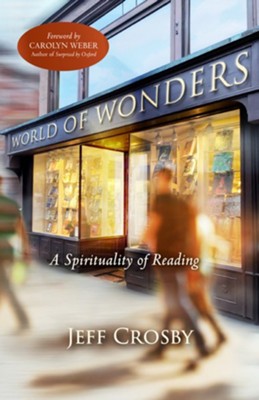
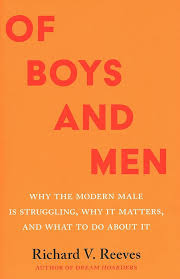


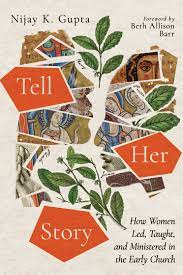
 In 1944 Charles Brady wrote a review of Lewis’s output up to that point, including the first installment of Lewis’s Space Trilogy,
In 1944 Charles Brady wrote a review of Lewis’s output up to that point, including the first installment of Lewis’s Space Trilogy,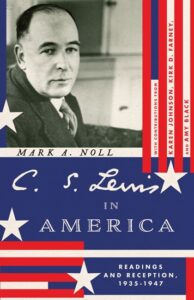
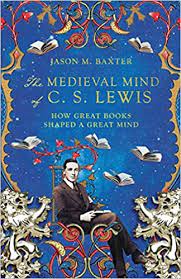
 Anything sound odd to you about that story? Anything odd besides a man being dead in an office for five days without anyone noticing?
Anything sound odd to you about that story? Anything odd besides a man being dead in an office for five days without anyone noticing? That might not even solve all your problems. After all, sending a message into the future can be a tricky business. What could make sure that it didn’t degrade as it passed through the space-time continuum? The technology could break down. Human error or human limitations could prevent the message from being transmitted. And because language and culture change significantly over time, our words and syntax could be difficult to understand by those in the future.
That might not even solve all your problems. After all, sending a message into the future can be a tricky business. What could make sure that it didn’t degrade as it passed through the space-time continuum? The technology could break down. Human error or human limitations could prevent the message from being transmitted. And because language and culture change significantly over time, our words and syntax could be difficult to understand by those in the future. Writing and reading are so commonplace we forget how almost magical the whole process is. We can receive and send ordinary and exceptional stories as well as knowledge across thousands of miles and hundreds of years with people we have never met and who may not know our language.
Writing and reading are so commonplace we forget how almost magical the whole process is. We can receive and send ordinary and exceptional stories as well as knowledge across thousands of miles and hundreds of years with people we have never met and who may not know our language. 


 Since I tend to like history, science fiction, biblical studies, and literary fiction, I try to get people on my friends list who do too. At the same time, I don’t want my list of friends to be too narrow. I want to be stretched to read in areas I might not ordinarily think of. Sometimes I just want beach reading. So I have friends who read a lot of those. Sometimes I want to read something from a different political or theological perspective. I have friends who point me to those as well.
Since I tend to like history, science fiction, biblical studies, and literary fiction, I try to get people on my friends list who do too. At the same time, I don’t want my list of friends to be too narrow. I want to be stretched to read in areas I might not ordinarily think of. Sometimes I just want beach reading. So I have friends who read a lot of those. Sometimes I want to read something from a different political or theological perspective. I have friends who point me to those as well.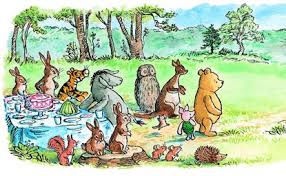 Whether due to lack of discipline, lack of focus, or lack of confidence, I only managed to struggle through one chapter. I still remember the look on my teacher’s face and the question when I finished my much truncated report: “Is that all?” Yes, I had to admit, head hung low, that was all.
Whether due to lack of discipline, lack of focus, or lack of confidence, I only managed to struggle through one chapter. I still remember the look on my teacher’s face and the question when I finished my much truncated report: “Is that all?” Yes, I had to admit, head hung low, that was all.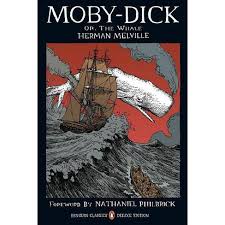 Yet one year later, in the summer before high school. I thought it would be a good goal to read
Yet one year later, in the summer before high school. I thought it would be a good goal to read